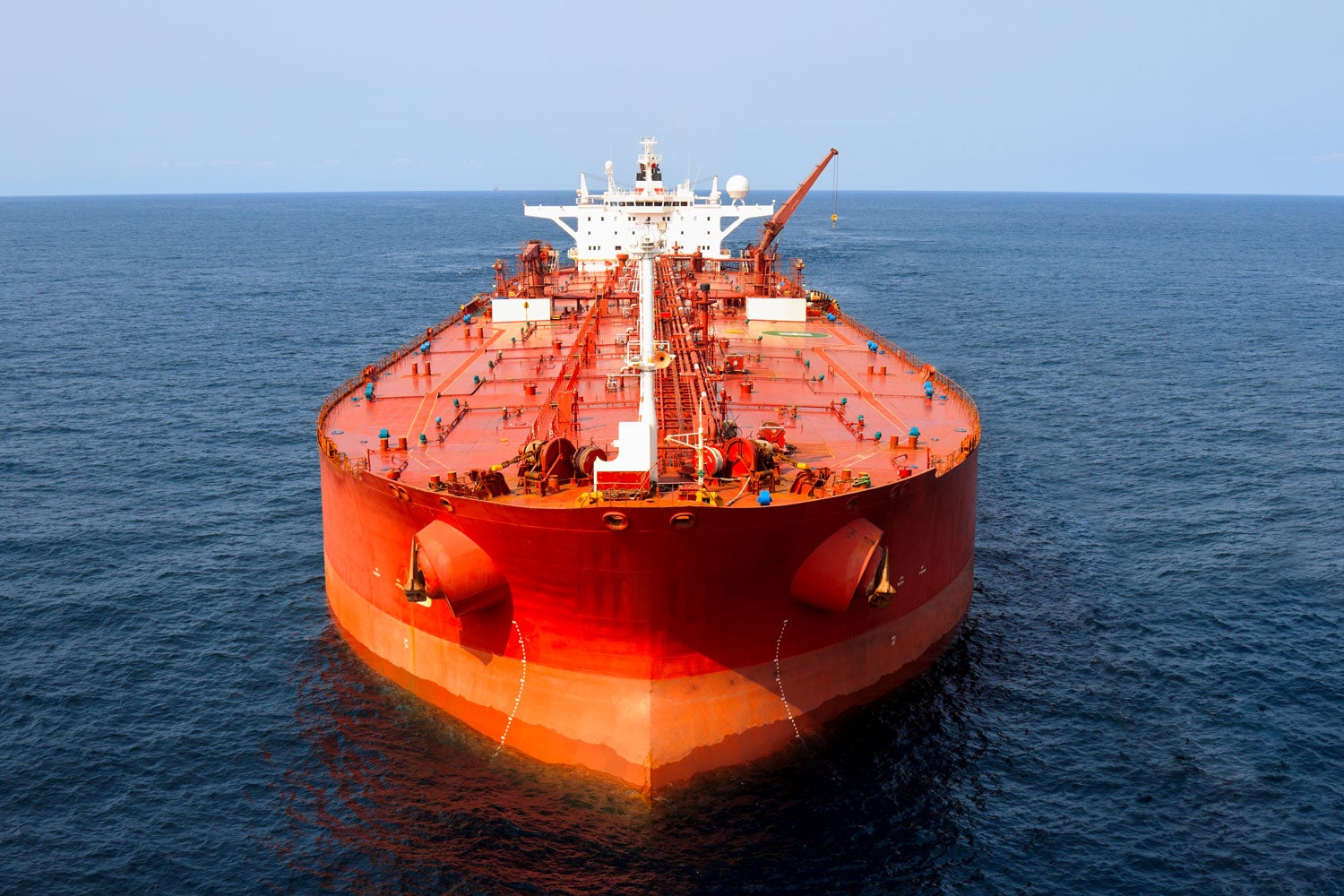15 February 2018
4 min read
#Transport, Shipping & Logistics
Published by:

Key points
A recent spate of Australian prosecutions for breach of United Nations (UN) sanctions laws suggests that sanctions are clearly on the Australian Government’s enforcement agenda in 2018. Australian businesses and businesses conducted by people in Australia need to ensure that they have measures in place to prevent them being involved in sanctions breaches – as they may be prosecuted and penalised even if they are unknowingly involved.
Australian sanctions law
Sanctions are trade and/or economic restrictions on activities that relate to particular countries, goods and services, or persons and entities. Sanctions are usually imposed in situations of international concern over human rights abuses, the proliferation of weapons of mass destruction and actual or threatened armed conflict.
By virtue of its membership of the UN, Australia gives effect to international sanctions imposed by the UN. Australia also imposes independent and autonomous sanctions.
The reach of Australian sanctions law is long. Australian sanctions laws apply to anyone in Australia or on Australian-flagged vessels or aircraft and to conduct anywhere in the world by Australian citizens/corporations or foreign companies that are owned or controlled by Australian citizens or persons in Australia.
Dealing with or in sanctioned persons, countries, assets or services is a breach of sanctions laws and can result in:
In order to mitigate exposure to sanctions penalties, businesses often implement a sanctions management system and install controls to prevent and/or promptly detect any potential sanctions breach.
Sanctions are clearly on the Australian Government’s enforcement agenda
Arising from the AWB oil-for-wheat scandal, prior directors and executives of AWB were prosecuted in their corporate capacity for breach of Australian sanctions laws and other director’s duties. In December 2016 the court found that the former directors had not breached Australian sanctions laws. The regulator appealed that decision, which is currently reserved.
Up to now, no one has been prosecuted in Australia for sanctions breach in their personal capacity. That all changed towards the end of 2017 when two separate sanctions prosecutions were commenced.
In the first case, two individuals were charged with allegedly exporting 90 tonnes of nickel to Iran, in breach of UN sanctions. Nickel is a banned export to Iran, for fear of it being used to contribute to Iran’s nuclear program. The shipments in question were made in 2009 and 2010. It is alleged that the shipments were purchased from a Western Australian company by a Dubai company and were stated to be intended for use by a company based in The Netherlands. In fact, the shipments were eventually sent to Iran. Two individuals in Australia associated with the transaction have been charged.
In the second case, one individual has been charged with breaching UN sanctions relating to the supply of products related to the proliferation of weapons of mass destruction in North Korea, including seeking to procure software programs that could be adapted for such purposes.
What businesses need to do
In the above two cases, there is no allegation that the supplier companies were intentionally involved in the sanctions breaches. However, breach of sanctions law is a strict liability offence, meaning that fault or intent is not necessary.
Companies and individuals charged with sanctions breach may be able to avoid liability if they can prove that they did not know and could not be expected to know of the breaches and took reasonable steps and exercised due diligence to avoid sanctions breaches from occurring.
The two recent prosecutions are a reminder for businesses to reconsider their exposure to risk of sanctions breach, even unknowingly, and further consider whether they have in place measures that would provide a defence in the event that they were unwittingly involved in a sanctions breach.
Author: Nathan Cecil
Contacts:
Sydney
Nathan Cecil, Partner
T: +61 2 8083 0429
E: nathan.cecil@holdingredlich.com
Geoff Farnsworth, Partner
T: +61 2 8083 0416
E: geoff.farnsworth@holdingredlich.com
Disclaimer
The information in this publication is of a general nature and is not intended to address the circumstances of any particular individual or entity. Although we endeavour to provide accurate and timely information, we do not guarantee that the information in this newsletter is accurate at the date it is received or that it will continue to be accurate in the future.
Published by: